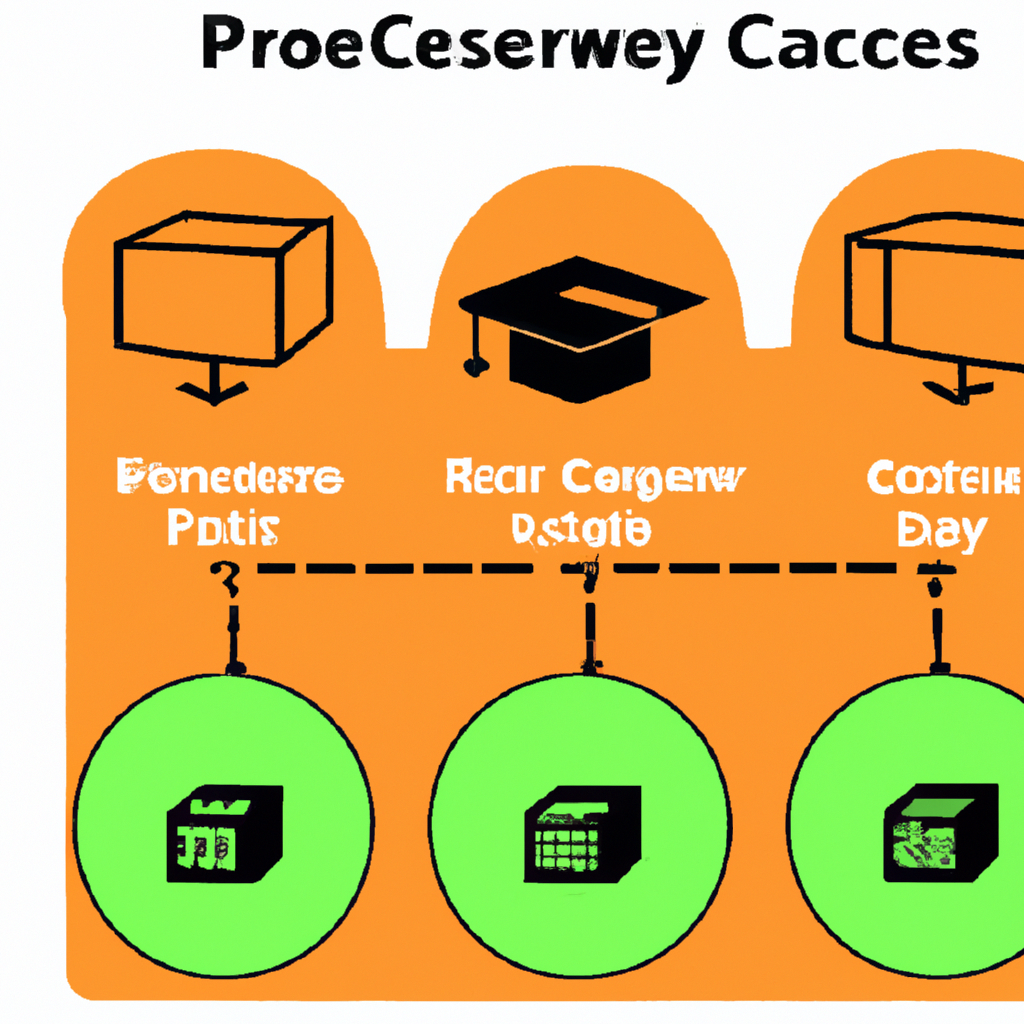Use Cases for Datacenter Proxies in E-Commerce
In the ever-evolving landscape of e-commerce, businesses are constantly seeking innovative solutions to enhance their operations, streamline processes, and optimize customer experiences. One such solution that has gained significant traction is the use of datacenter proxies. These proxies offer a range of benefits that can be leveraged for various use cases within the e-commerce sector. This article explores the key use cases for datacenter proxies in e-commerce.
1. Price Scraping and Competitive Analysis
One of the primary use cases for datacenter proxies in e-commerce is price scraping. Retailers often need to monitor competitors’ prices to remain competitive. Datacenter proxies allow businesses to gather real-time pricing data without revealing their identity. By using multiple IP addresses, e-commerce companies can automate their price scraping processes and collect vast amounts of data from competitor websites without getting blocked.
Benefits:
- Enhanced Data Accuracy: Collect data from various regions without geo-restrictions.
- Increased Scraping Speed: Parallel requests from multiple IPs speed up data collection.
- Reduced Risk of IP Blocking: Distribute requests across various datacenter IP addresses to avoid detection.
2. Market Research and Trend Analysis
Understanding market trends is crucial for e-commerce success. Datacenter proxies enable businesses to perform comprehensive market research by accessing various online sources, including social media platforms, forums, and review sites. This access allows e-commerce companies to analyze customer sentiment, identify emerging trends, and adjust their strategies accordingly.
Benefits:
- Comprehensive Insights: Gather data from diverse sources for a holistic view of market trends.
- Real-Time Data Access: Stay updated with instant access to current discussions and trends.
- Consumer Behavior Analysis: Understand what products are gaining popularity and why.
3. Ad Verification and Fraud Prevention
Digital advertising is a significant component of e-commerce marketing strategies. Datacenter proxies can be utilized for ad verification, ensuring that ads are displayed correctly across different platforms and regions. Additionally, they help in identifying fraudulent activities, such as click fraud, by allowing businesses to monitor their ad performance without being detected.
Benefits:
- Improved Ad Performance Monitoring: Verify that ads are shown as intended and to the right audience.
- Fraud Detection: Spot irregularities in ad clicks and impressions.
- Geo-Targeting Testing: Ensure that ads are localized correctly for different demographics.
4. Account Management and Automation
E-commerce businesses often manage multiple accounts across various platforms. Using datacenter proxies allows companies to automate tasks such as product listings, inventory management, and customer service interactions. By rotating IP addresses, businesses can manage multiple accounts without raising red flags, thus streamlining operations.
Benefits:
- Efficient Account Management: Handle multiple accounts without the risk of being banned.
- Automation of Routine Tasks: Save time on repetitive operations like updating product listings.
- Enhanced Customer Interaction: Provide faster responses and better service through automated systems.
5. SEO Monitoring and Web Scraping
Search Engine Optimization (SEO) is vital for driving traffic to e-commerce websites. Datacenter proxies facilitate web scraping for SEO purposes, allowing businesses to analyze the performance of their websites and track keyword rankings. By scraping data from search engine results pages (SERPs), companies can refine their strategies to improve visibility and ranking.
Benefits:
- Keyword Tracking: Monitor keyword performance across different regions.
- Competitor Analysis: Analyze competitors’ SEO strategies and rankings.
- Content Optimization: Identify content gaps and opportunities for improvement.
6. Fraud Detection and Chargeback Prevention
E-commerce businesses face the constant threat of fraud, including chargebacks and payment fraud. Datacenter proxies can be employed to verify the legitimacy of transactions by checking the IP addresses of users against known proxies or blacklisted IPs. This proactive approach helps prevent fraudulent activities before they escalate.
Benefits:
- Reduced Chargebacks: Identify and block suspicious transactions before they occur.
- Enhanced Security Measures: Protect against identity theft and unauthorized access.
- Improved Customer Trust: Foster a secure shopping environment for customers.
Conclusion
Datacenter proxies serve as a powerful tool for e-commerce businesses looking to enhance their operations, gain competitive insights, and protect their interests. From price scraping and market research to ad verification and fraud prevention, the versatile applications of datacenter proxies can significantly impact an organization’s success. As the e-commerce landscape continues to grow, leveraging such technology will be crucial for staying ahead of the competition and adapting to consumer demands. By incorporating datacenter proxies into their strategies, e-commerce businesses can unlock new opportunities and drive sustainable growth in a challenging market.

Comments (0)
There are no comments here yet, you can be the first!